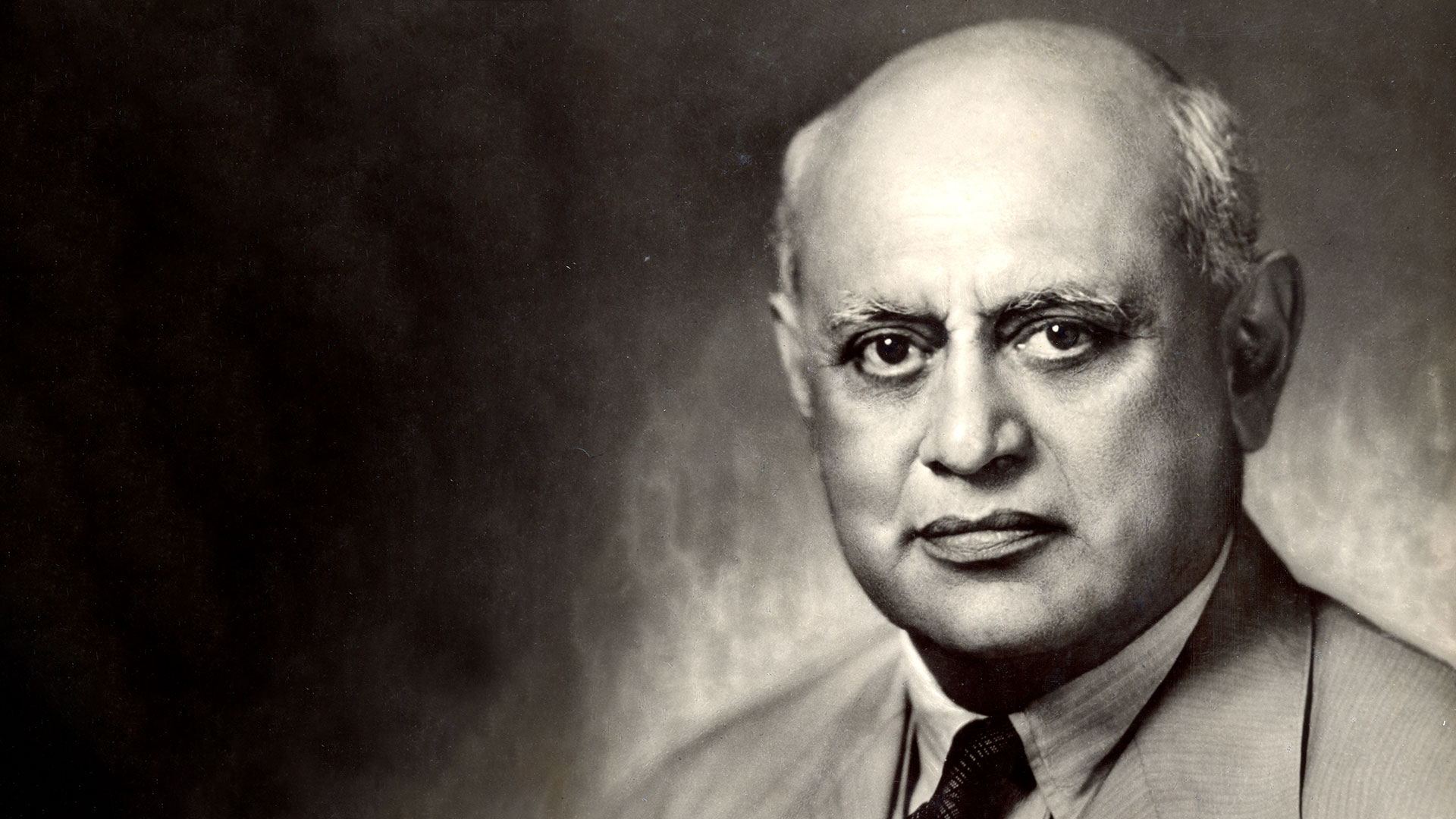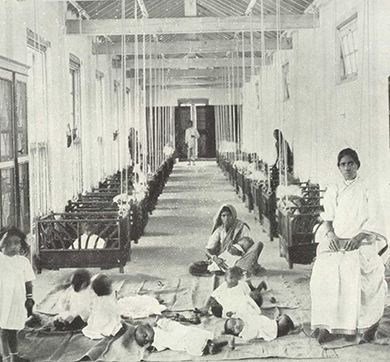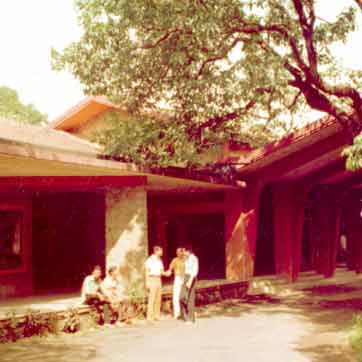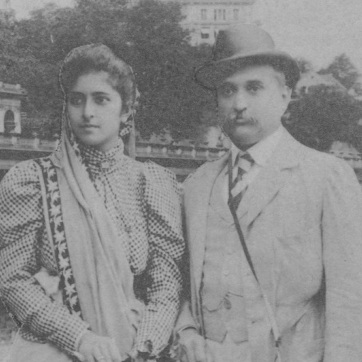967 words | 4-minute read
A trusted lieutenant to Sir Dorabji Tata, Sir Nowroji Saklatvala was passionate about labour welfare and sports.
Sir Nowroji Saklatvala was born on September 10, 1875, and received his education at St. Xavier's School and College in Bombay (now Mumbai). His scholastic career was marked by a steadiness and solidity that was to play a great part in his later life.
Sir Nowroji belonged to a family that distinguished itself in industrial life, not only in India but also abroad. Though he was related to Sir Jamsetji Tata through his mother, Sir Nowroji started out as a Tata employee, as an apprentice in one of the mills on a pay of Rs50 a month in 1889. However, his grasp of the work, his application and his understanding of industry dynamics impressed his seniors to such an extent that within a few years they asked him to helm the mills department.
Sir Nowroji was keen about sports. Even at the end of a tiring day at the mill, he inevitably traded his workman's tools for his cricket bat. Games possibly helped hone Sir Nowroji's skills of team building and leadership, which he was to use later in steering the Tata group.
Within a short time, word spread about Sir Nowroji's good work in the mills department and his knowledge of the industry and in 1917 he was made chairman of the Bombay Millowners' Association. In 1921, he was sent to Geneva as a representative of Indian employers at the International Labour Conference. And though Sir Nowroji had long ceased to wear his workman's shirt, it became evident at this meet that he had not lost his ability to feel their plight.
Another aspect of Sir Nowroji's leadership came to light during the difficult years of WWI when he became associated with numerous committees as an honorary adviser and earned praise for his tireless work.
Within the Tata group, he came to be seen as a valuable lieutenant – a man who put the group before himself, who was not afraid to speak his mind or accept responsibilities. Along with Sir Dorabji Tata, the Chairman, and RD Tata, Sir Nowroji quietly guided the group’s destiny. It did not come as a surprise when he was chosen to helm the Tata group after Sir Dorabji's death in 1932.
A Leader Of People
Sir Nowroji was a leader of great vision, which explains why he placed such a premium on the welfare of his people. During his chairmanship of Tata Sons, he gave the labour force certain benefits and privileges which were unheard of at that time.
One of these was a profit-sharing scheme, of which Sir Nowroji wrote to a top official in the company, “For some time, we have been thinking about a method of associating the employees of the company more definitely with its prosperity in good times. You will be glad to hear that the board shares our views that we ought to show our employees our appreciation of their work when the company can afford to do so. They have approved a profit-sharing scheme about which I am sending you an announcement herewith. Will you give full publicity to this among all employees and let them know that it is the sincere wish of the company as a whole that its employees should share properly in its prosperity.”
In September 1937, he took another bold step for his employees by raising the wages of the lowest-paid workers and improving the service conditions of temporary employees at the Tata Iron and Steel Company (Tisco, now Tata Steel) in Jamshedpur.
A Consolidating Force
For some years, Sir Nowroji had focused his energies on consolidating the core businesses of iron and steel, cotton mills, banking and hydro-electric works.
Next, he turned his attention to merging several cement businesses in India (which led to the establishment of Associated Cement Companies, later known as ACC), which became one of his biggest achievements. Though the idea of the merger came from FE Dinshaw (one of pre-partition India’s prominent businessmen), his death in 1936 might have left the plan in pieces had Sir Nowroji not stepped in. He gave himself the work of finding a common ground for the conflicting interests in the cement industry and making the merger happen. This quality of being a great negotiator, of having the ability to listen to all sides and bring rationality to the table was also evident when he visited Jamshedpur to settle a strike called by workers at Tisco.
In whatever he did, at the heart of Sir Nowroji's work ethic was the welfare of his people. He backed the idea of having a club and recreation rooms in Bombay House for all employees, kept in touch with the activities of the club and even suggested improvements. No work, especially that concerning his people, was too small for the big man.
As chairman of the Sir Dorabji Tata Trust, Sir Nowroji helped channel the funds at the disposal of the trust to help the needy. He also sponsored the idea of a cancer institute, which is a symbol of the Tata group’s focus on the welfare of the country and on building great institutions.
Sir Nowroji was himself a great builder of institutions, one of which was the Cricket Club Of India. He worked tirelessly to pull the club out of a financial morass, helped repair its finances and reputation and gave the sporting fraternity something to be proud of.
Sir Nowroji passed away unexpectedly in France in 1938. His employees distinguished Sir Nowroji for his personal touch. His lieutenants remembered him for his leadership of the company he had served so well for 40 years. Sir Nowroji's greatest desire was to see his people and the Tata group prosper even after he was gone.








